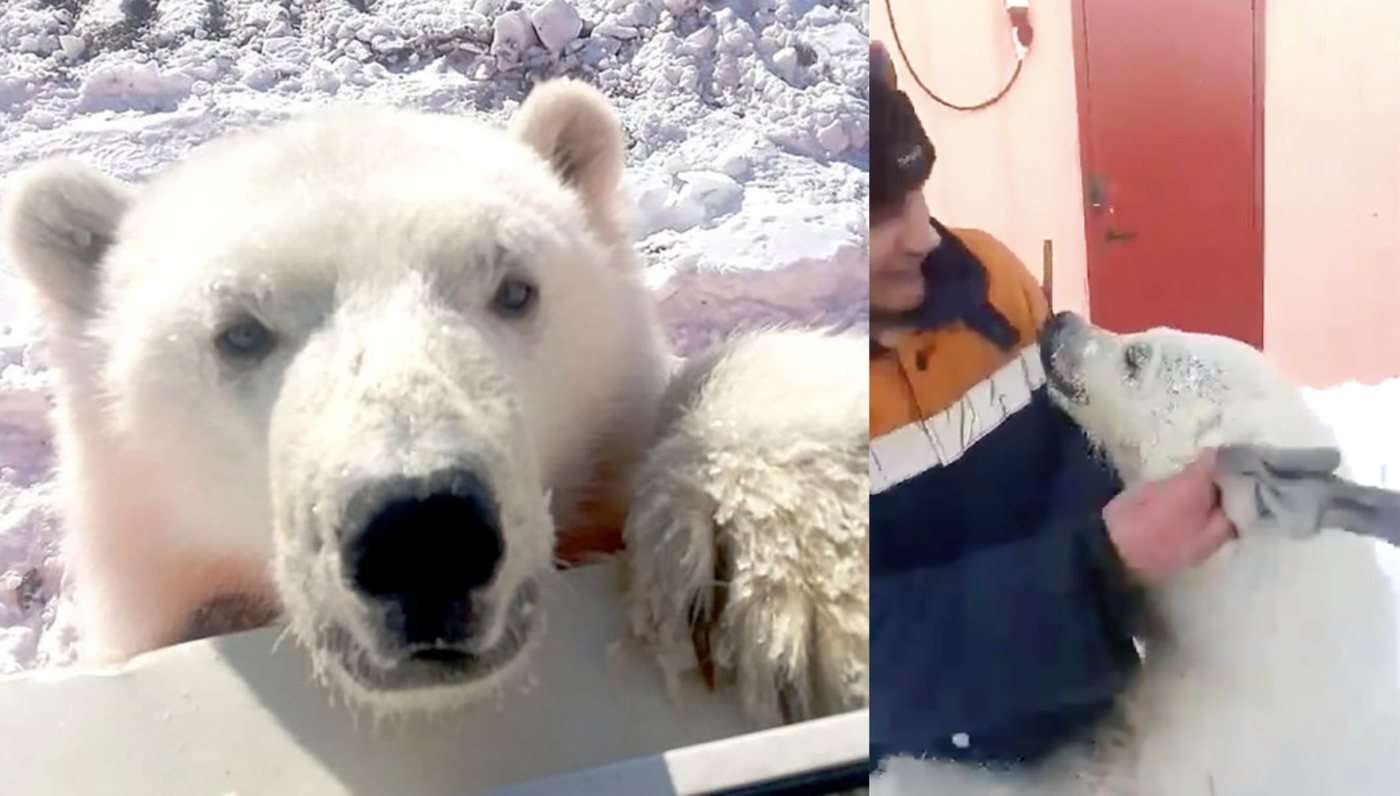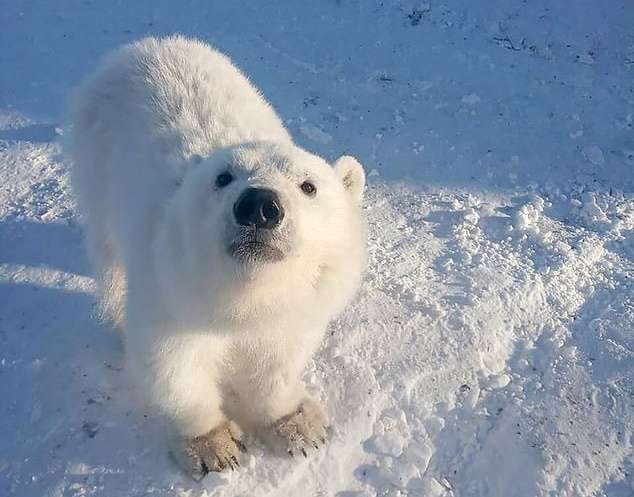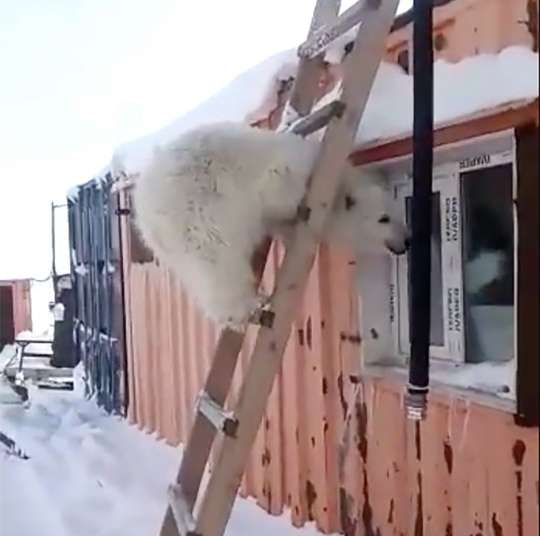10 Years After Fukushima Nuclear Disaster, Two Men Are Still Living There Taking Care of Everyone's Pets
Two men, Naoto Matsumura and Sakae Kato, both still live in the Fukushima exclusion zone where they are taking care of animals.

When Arctic gold miners discovered a lost and helpless bear cub whose mother had died, it didn't take long for her to melt their hearts.
As the orphaned cub grew to trust the men, the furry guest soon felt like a friend to the workers on remote Severnaya Zemlya archipelago. She even loved bear hugs.

But with the crew scheduled to leave the base when their work contract came to an end, the vulnerable bear would be left to fend for herself. Between the threat from other predators and her lack of adequate hunting skills, she wouldn't manage to survive without help.
Fearing they'd only delayed the inevitable, the miners hoped the large store of refuse they'd left behind would be enough to sustain their beloved pal until they could organize a rescue mission for her.
Having had no means of outside contact while at the base, the men reached out Moscow Zoo for guidance at their earliest opportunity.
"All we knew was that the cub's mother died and that it was months ago when it discovered the base attracted by the smell of food," Andrey Gorban, director of Royev Ruchey Zoo in Krasnoyarsk told the Siberian Times.

Following protocol, Gorban contacted Russian wildlife authorities to determine a course of action. After deciding the cub was incapable of being on her own, a rescue party was sent to bring her to the zoo.
"For right or wrong, they fed the endangered animal and through that tamed it," Gorban explained. "The shift workers saved its life, the cub had no chance to survive."
As the orphaned cub grew to trust the men, the furry guest soon felt like a friend to the workers on remote Severnaya Zemlya archipelago. She even loved bear hugs.

But with the crew scheduled to leave the base when their work contract came to an end, the vulnerable bear would be left to fend for herself. Between the threat from other predators and her lack of adequate hunting skills, she wouldn't manage to survive without help.
Fearing they'd only delayed the inevitable, the miners hoped the large store of refuse they'd left behind would be enough to sustain their beloved pal until they could organize a rescue mission for her.
Having had no means of outside contact while at the base, the men reached out Moscow Zoo for guidance at their earliest opportunity.
"All we knew was that the cub's mother died and that it was months ago when it discovered the base attracted by the smell of food," Andrey Gorban, director of Royev Ruchey Zoo in Krasnoyarsk told the Siberian Times.

Following protocol, Gorban contacted Russian wildlife authorities to determine a course of action. After deciding the cub was incapable of being on her own, a rescue party was sent to bring her to the zoo.
"For right or wrong, they fed the endangered animal and through that tamed it," Gorban explained. "The shift workers saved its life, the cub had no chance to survive."
So, while it was technically against the law for the miners to care for the bear, all things considered, at least this now-not-so-little cub is receiving the help she needs, and is being cared for in the way that suits her circumstances.
(MEET the polar bear cub in the Daily Mail video below.)
SHARE This Polar Bear's Story With Pals on Social Media…
North Carolina-based writer Judy Cole has a new rom-com murder mystery debuting at Amazon: And Jilly Came Tumbling After (from Red Sky Presents).
Be the first to comment